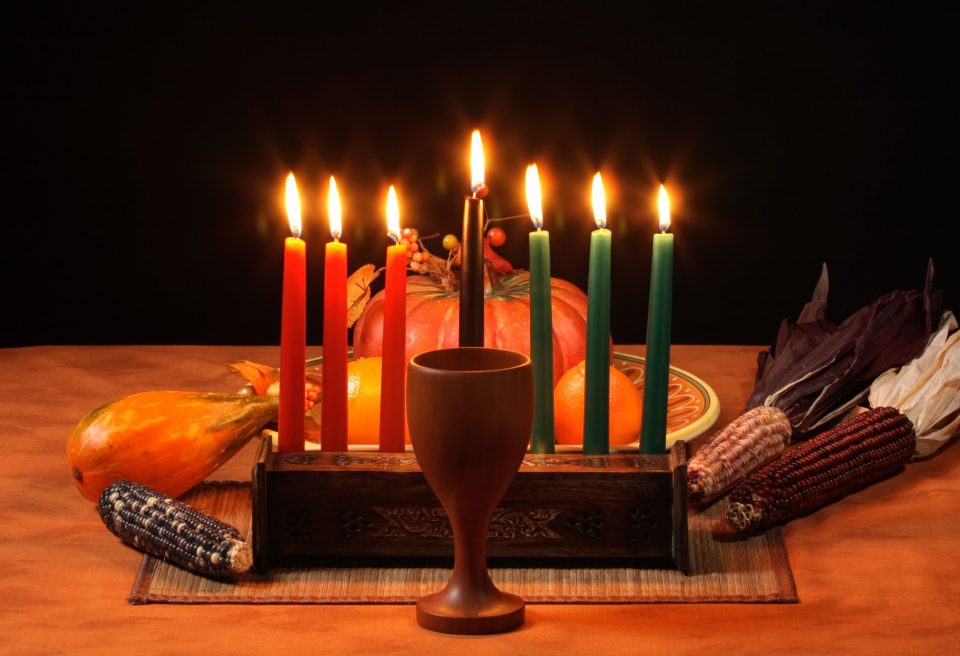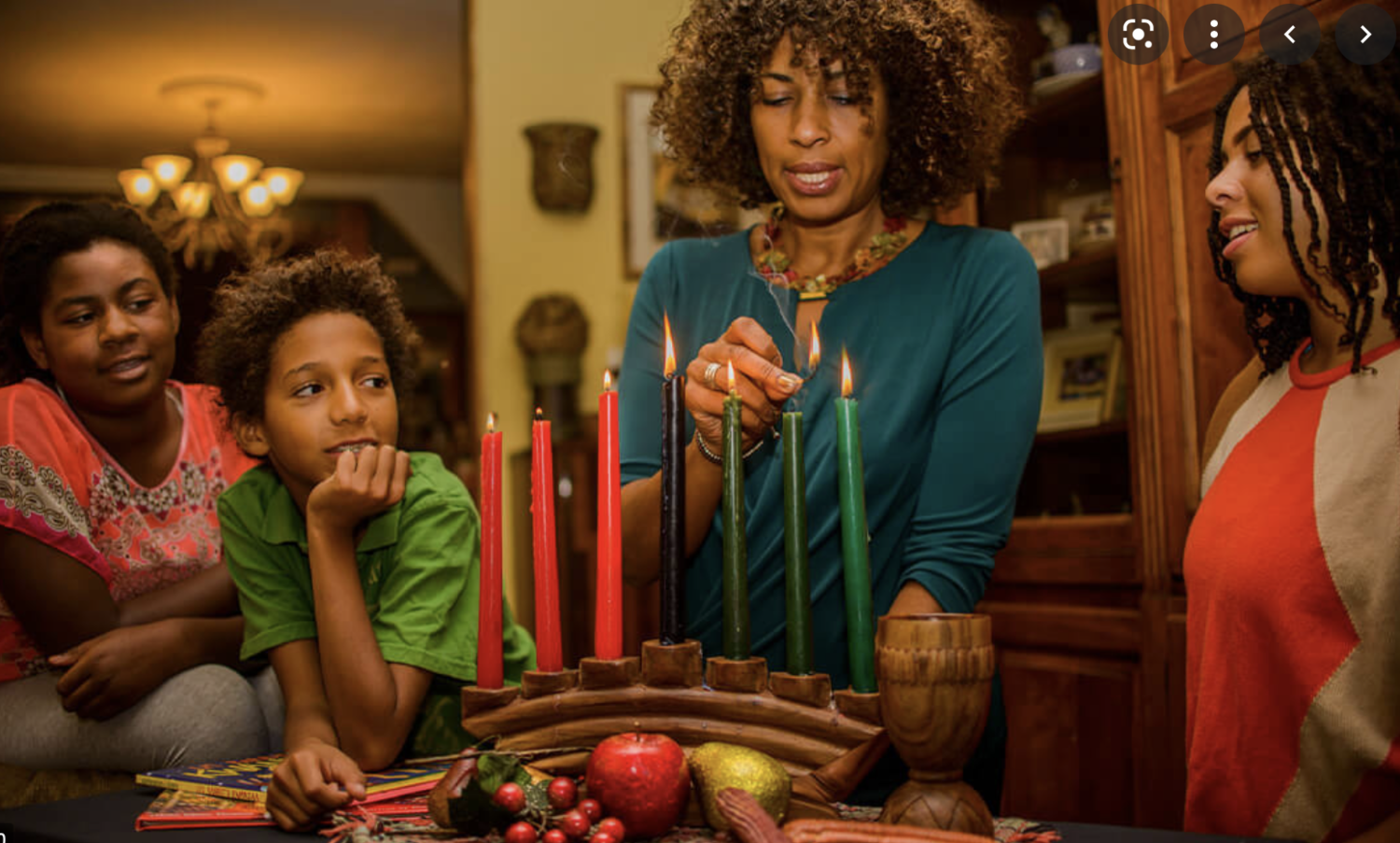Means ‘Self-Determination’
The second day of Kwanzaa honors Kujichagulia — self-determination– and is celebrated on December 27.
The second principle of the Nguzo Saba, as well as all seven principles, expresses itself as both commitment and practice.
On this, the second day, families light the red candle (although the order and number of colors can be flexible based on personal choice).
According to kwanzaaguide.com: The red candle is symbolic of the effort a person, family, school or community makes. The lesson is that we light the red candle to reinforce the value of work and effort. Frederick Douglass reminds us that If there is no struggle there is no progress.
Each person must ask him or herself three basic questions:
1. Who am I?
2. Am I really who I say I am?
3. Am I all that I ought to be?
These are questions of history and culture, not simply queries or questions of personal identity. They are questions of personal identity. More profoundly, they are questions of collective identity, based and borne out in historical and cultural practice. And the essential quality of that practice must be the quality of self-determination.

To answer the question of “Who am I?” correctly, then, is to know and live one’s history and to practice one’s culture.
To answer the question of “Am I really who I am?” is to have and employ a cultural criterion of authenticity, i.e., criteria of what is real and unreal, what is appearance and essence, what is culturally-rooted and foreign.
Related: Kwanzaa
And to answer the question of “Am I all I ought to be?” is to self-consciously possess and use ethical and cultural standards which measure men, women and children in terms of the quality of their thought and practice in the context of who they are and must become – in both an African and human sense.
Today, let’s all practice self-determination!

